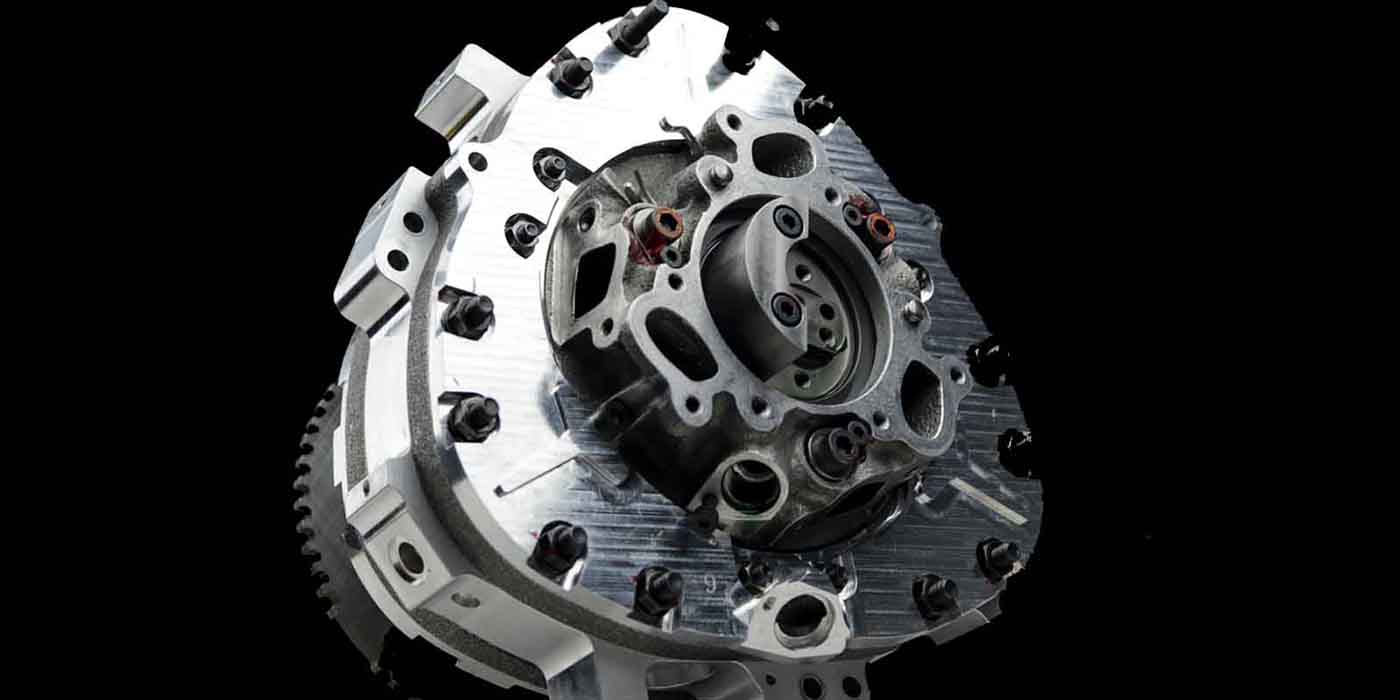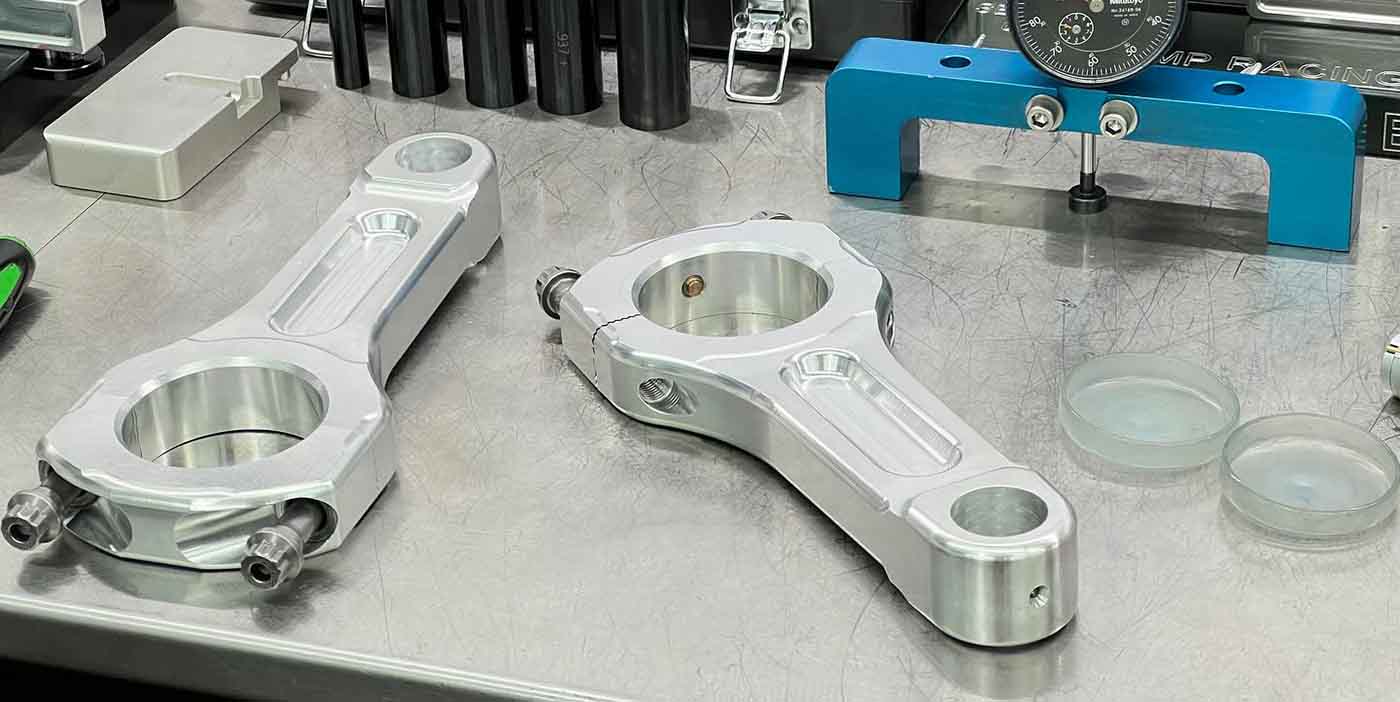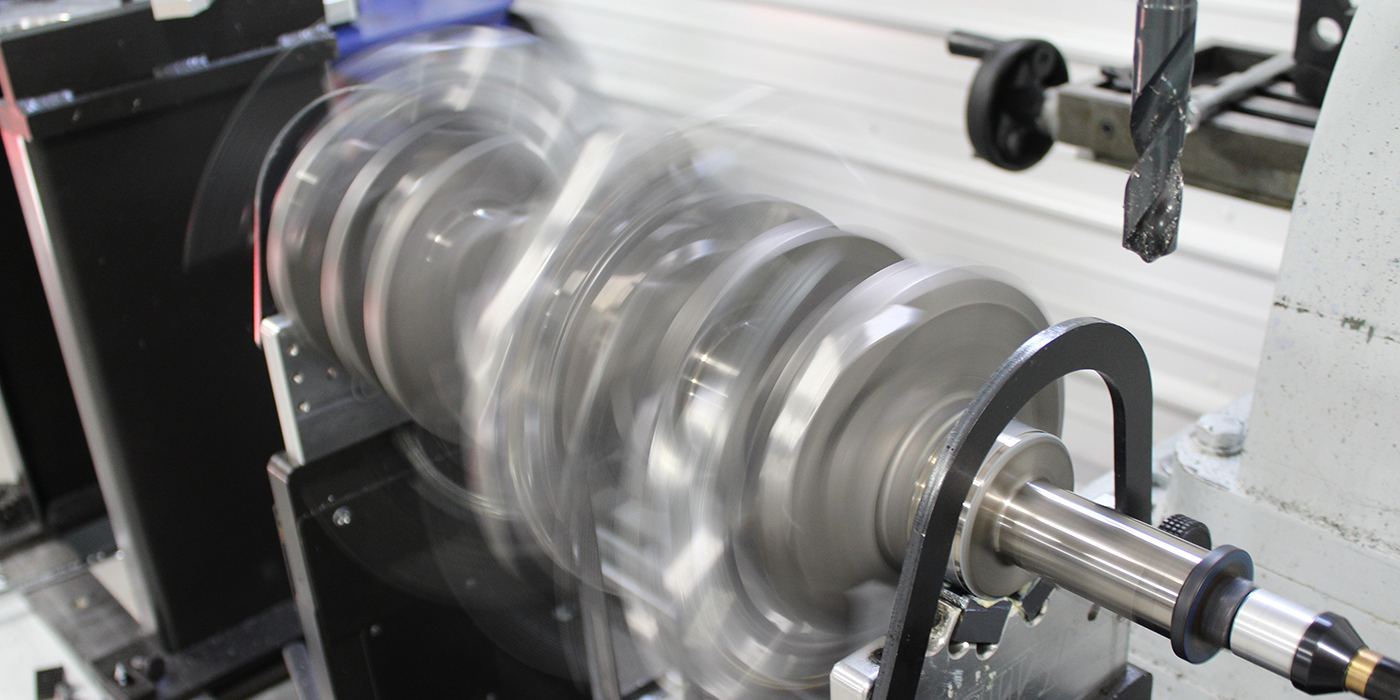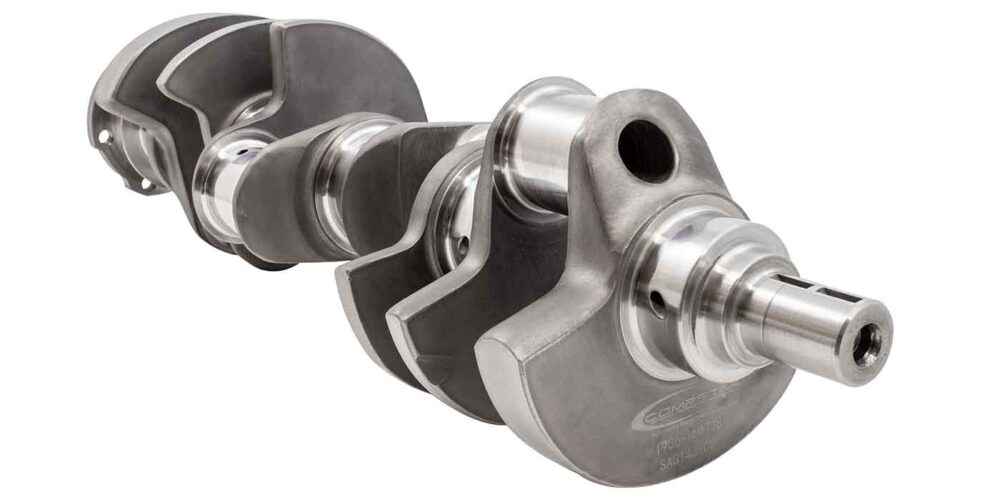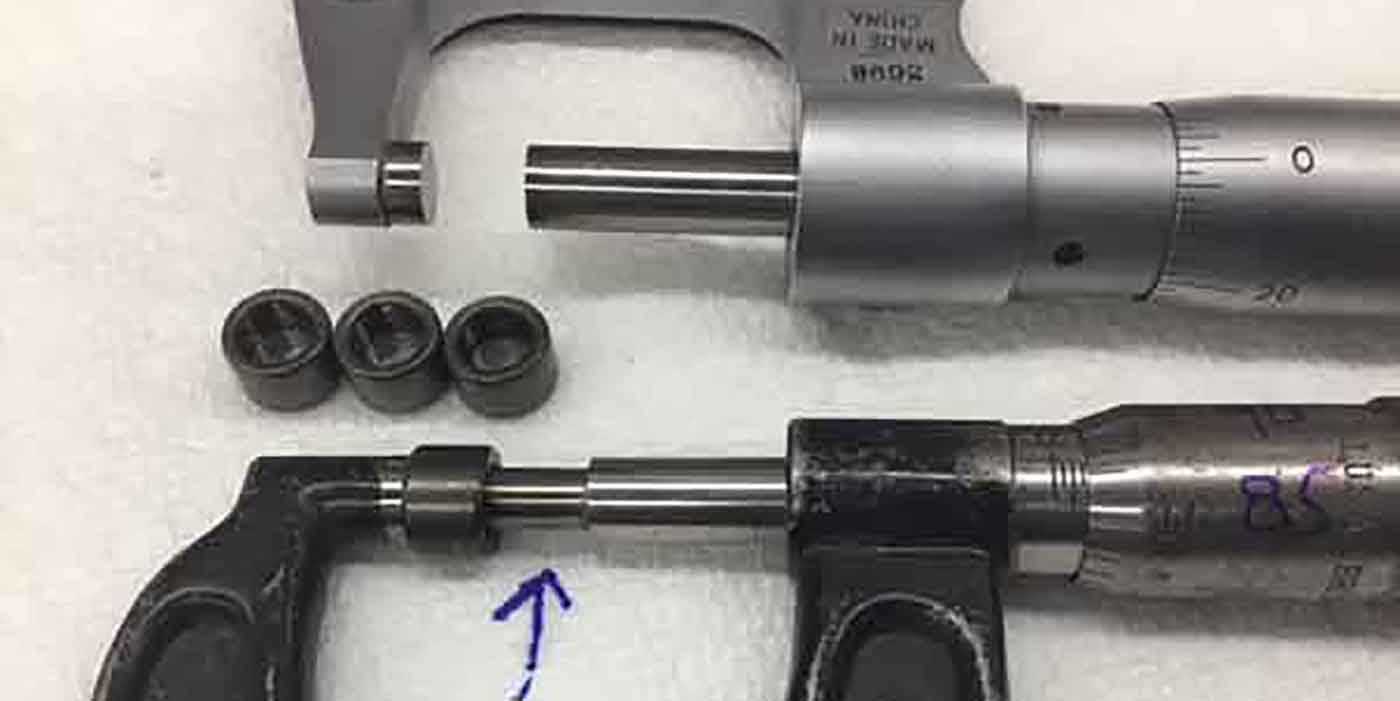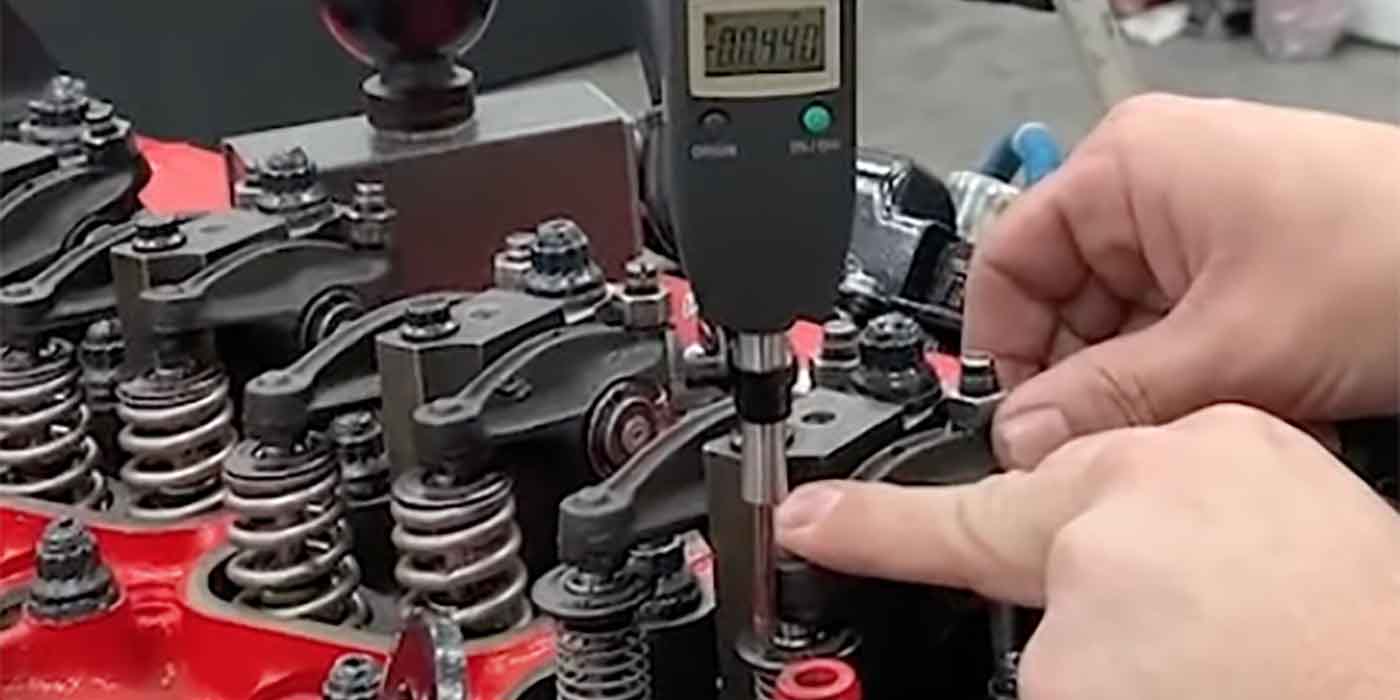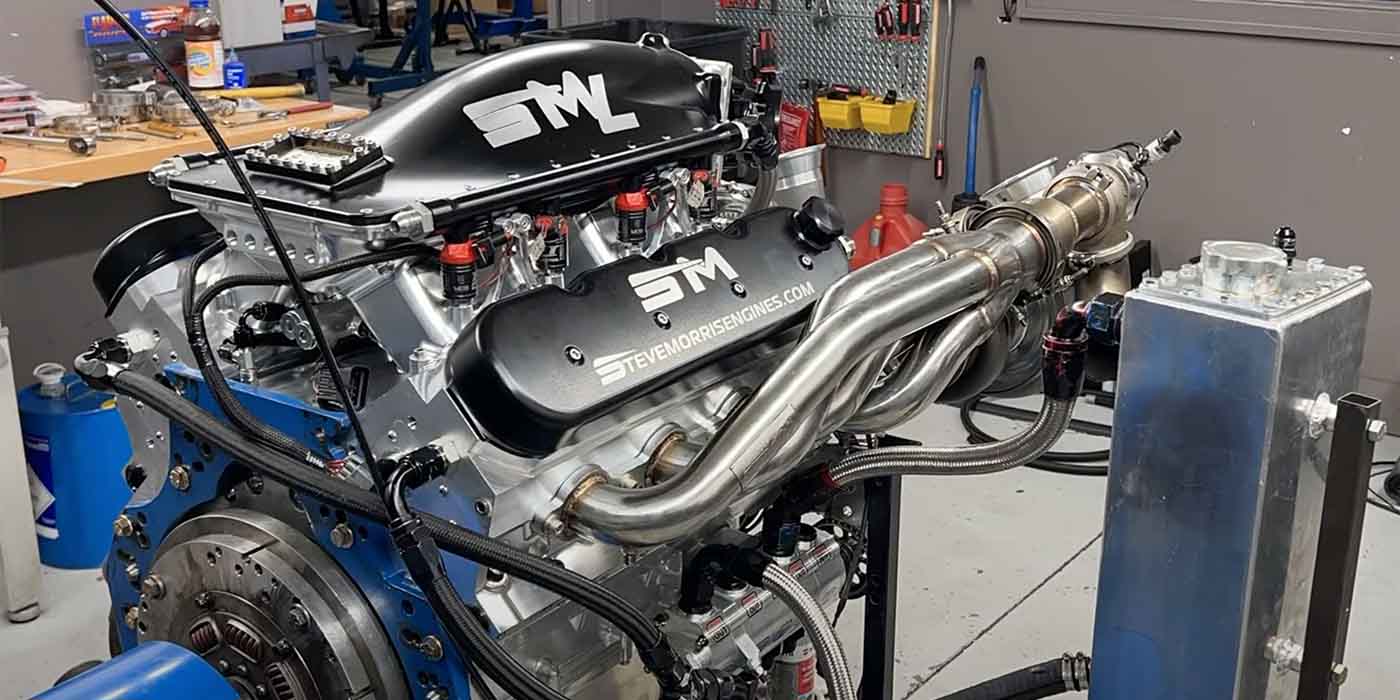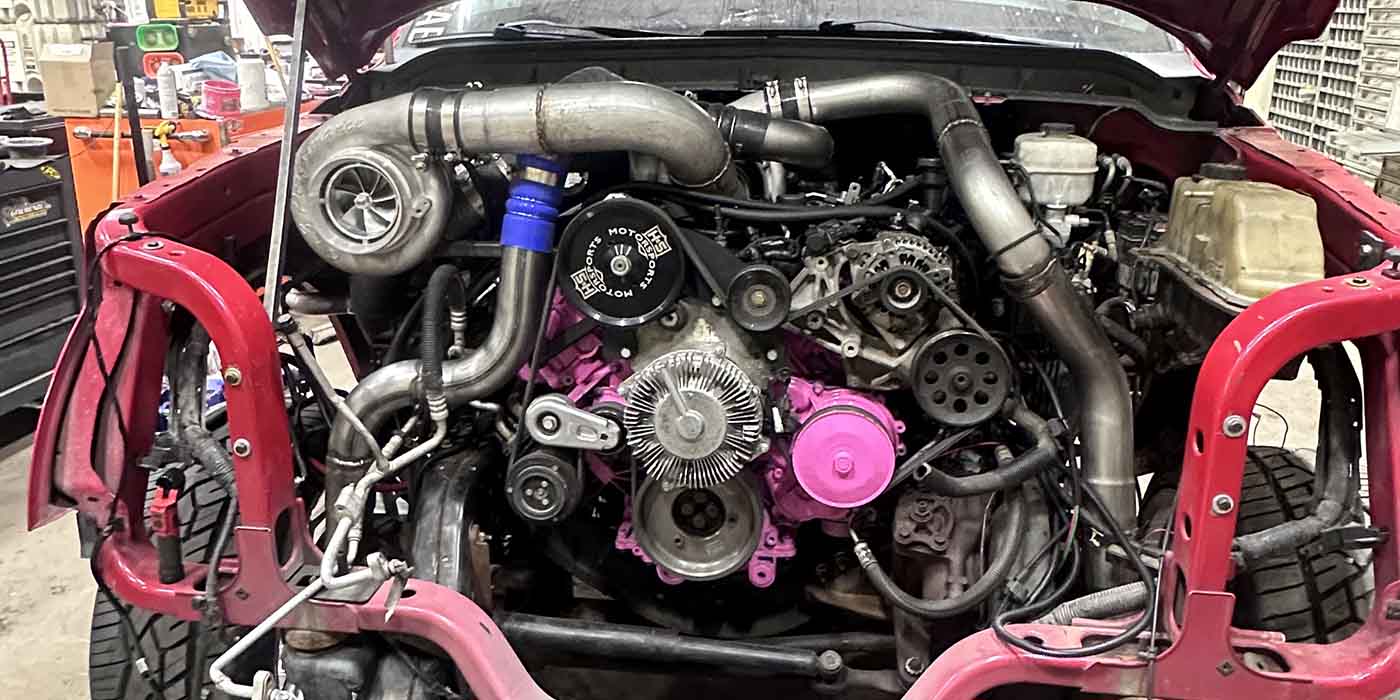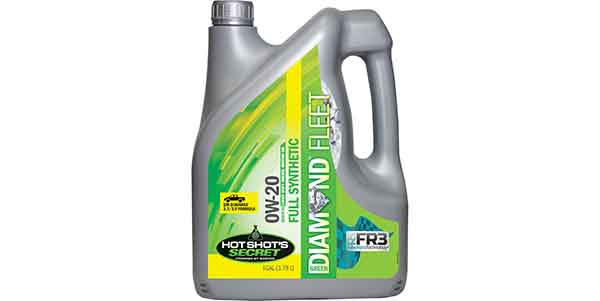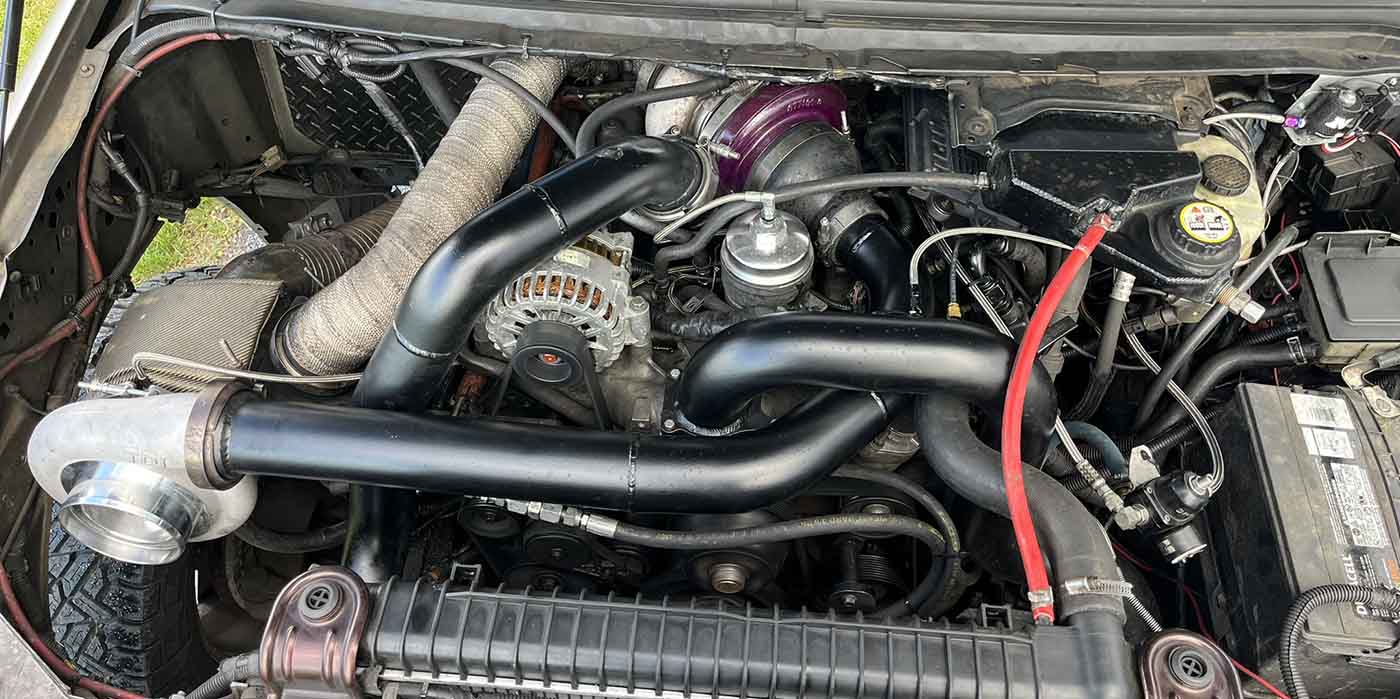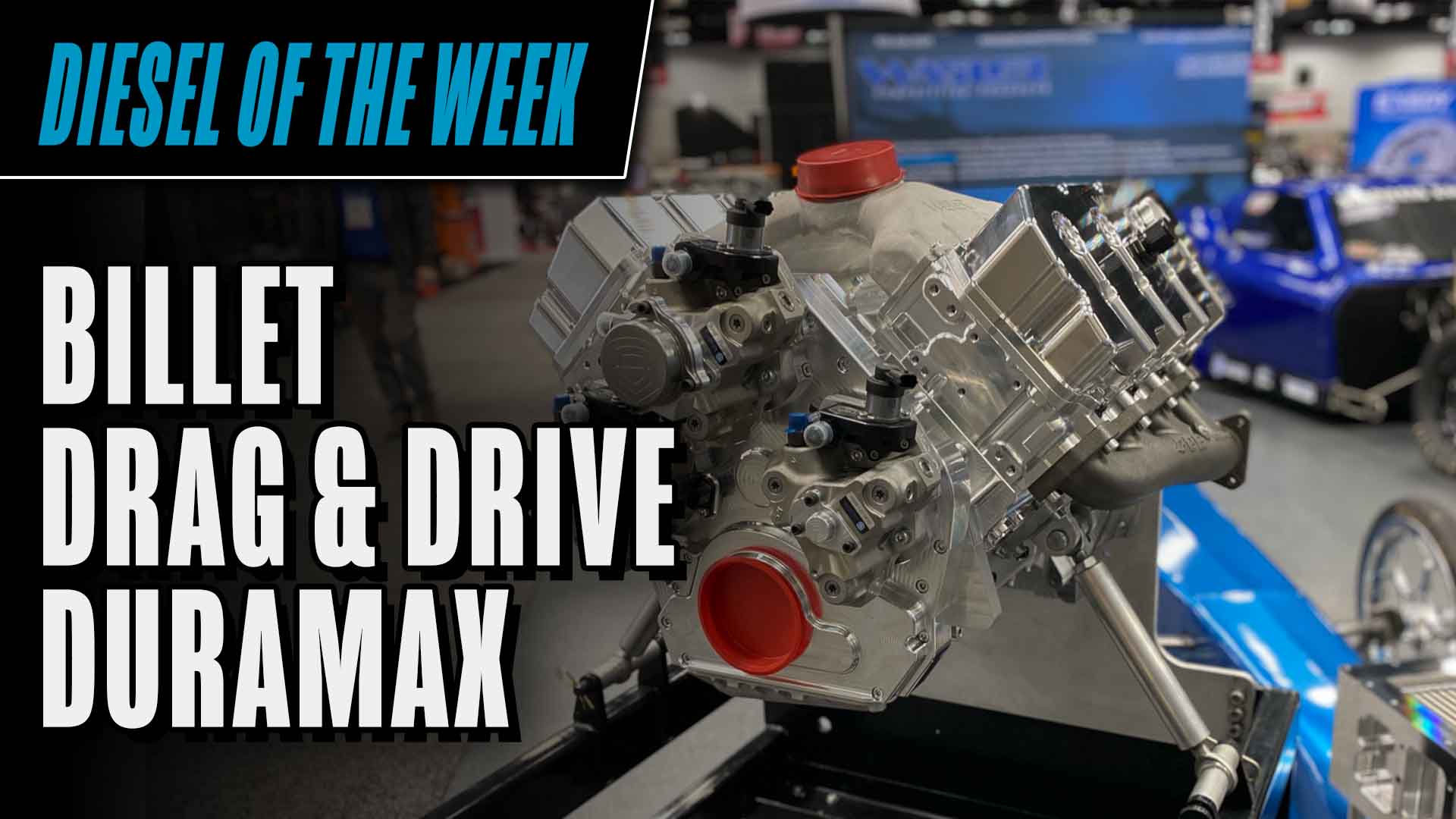The universal engine oil is expected to die in 2016.
Diesel, gasoline and natural gas engine oils are going to be changing by 2016.
With the current regulatory emphasis on improving fuel economy, which also reduces greenhouse gas (GHG) emissions, engine oil scientists will soon be reformulating all three oils to improve fuel economy.
When the Federal government enacted fuel economy regulations for trucks, diesel engine builders in the Engine Manufacturers Association (EMA) asked the lube oil industry to help them meet these requirements by developing a new diesel oil performance category (PC-11), which would define oils providing better fuel economy and increased compatibility with biodiesel fuels. Development has been underway for at least two years.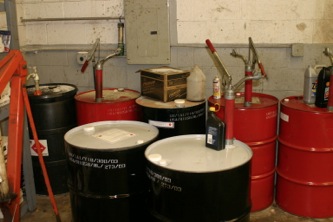
The initial change, which will be made to diesel oils to improve fuel economy, is to lower viscosity. When engines are properly lubricated, a hydrodynamic film exists between engine components. Larger engine component clearances (primarily bearing clearances) require higher viscosity oils to provide hydrodynamic lubrication.
Racers build engines with extremely tight clearances in order to reap the horsepower benefits of these low viscosity oils, but diesel engine builders haven’t yet had sufficient time to research reduced bearing clearances.
If you are interested in lower viscosity oils, evaluate thinner engine oils in your fleet one viscosity grade at a time after conferring with your engine manufacturer.
Since most (83%) North American heavy-duty diesel oil is SAE 15W-40, primary effort has been focused on reducing oil viscosity to improve fuel economy in engines with clearances designed for SAE 15W-40 oils. Future developments will no doubt include research into using friction—modified oils to further improve fuel economy.
Biodiesel is being ignored at this time. The new PC-11 category will most likely specify two oils—a low viscosity oil for use in 2014 and later model year engines, and a more viscous oil for use in older engine designs. Look for completely new diesel engine oils that should yield improved fuel economy by 2016.
New passenger car engine oils called API SP and ILSAC GF-6 are also being developed for introduction in 2016. The major driver for these new oils is also fuel economy and fuel economy retention throughout the oil change interval. Passenger cars do utilize friction—modified oils, but these additives can sometimes be depleted prior to the oil being changed.
Environmentalists are also asking for a further reduction in oil phosphorus levels from the current GF-5 maximum of 800 ppm % wt. Their objective is to extend catalytic converter service life, but I’ve seen no evidence of field problems. Reduced phosphorous limits means reduced extreme pressure (EP) protection for highly-loaded engine components. Although new engine designs can reduce component loading to deal with reduced phosphorous oils, existing engines are vulnerable. High performance valvetrains are particularly susceptible.
Oils for engines using natural gas traditionally have been developed directly with engine OEMs in the absence of universal standards. These oils are much more oxidatively stable than diesel oils, so they need far less detergency and dispersancy. These manufacturers will have to investigate fuel economy for engines operating under stop and go conditions as well as steady state.
For years, fleet operators have been using “universal oils” in both diesel and gasoline fuelled engines. Honda favors SAE OW-16 oils for their new passenger car engines. I doubt that diesels can survive on oils that thin. I also doubt that highly stressed fuel injection components can achieve satisfactory service life on oils containing less than 800 ppm % wt. phosphorus.
Using an oil that meets current API diesel oil specs in a gaseous fuel engine is wasting money. In 2016 fleet operators should concentrate on using the optimum engine oil for each engine/fuel
combination.
The universal engine oil should die in 2016.


